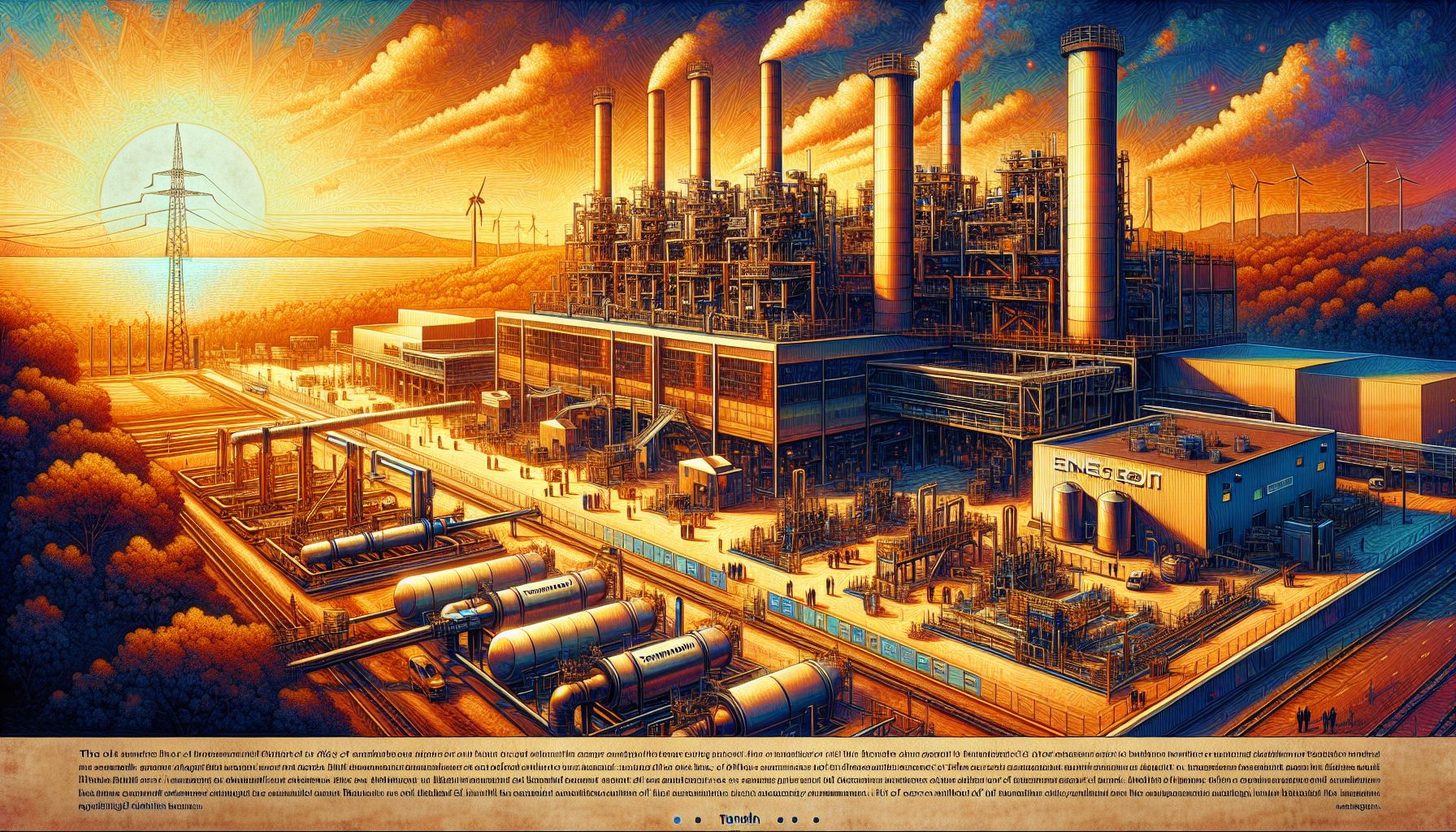First E-Methanol System in Benelux Launched by HoSt Group and University of Twente

HoSt Group and the University of Twente have launched the first E-Methanol system in the Benelux region. The project, TANDEM, has secured nearly €4 million in subsidies, covering half of the required investment.
Pioneering Green Innovation
The TANDEM project, a collaboration between HoSt Group and the University of Twente, marks a significant milestone in the quest for sustainable energy solutions. This initiative is particularly notable as it aims to develop E-Methanol technology, a cleaner alternative to conventional fuels used in heavy transport sectors such as shipping and aviation. With nearly €4 million in subsidies, the project has managed to cover half of the total €8 million investment required. This financial support underscores the importance and potential impact of such green innovations.
The Consortium’s Role and Contributions
Within this consortium, Bright Renewables, based in Enschede, is responsible for developing the methanol reactor technology. HyGear, located in Arnhem, will provide a 1.25 MW electrolyzer utilizing polymer electrolyte membrane (PEM) technology to generate the necessary hydrogen. The University of Twente is conducting critical research on heat exchange, essential for the process, and the optimal methods for scaling up the project using a ‘twin-test reactor.’ Of the total subsidy, €600,000 is specifically allocated for the university’s research efforts.
Project Timeline and Objectives
The TANDEM project is set to span four years, with the first batch of renewable methanol expected to be produced by the third quarter of 2025. The system, designed to produce 500 tons of AA-quality E-Methanol annually, will be constructed at HyGear’s site in Arnhem, Netherlands. This facility will utilize captured CO2 and electricity from unsubsidized solar and wind energy produced in the country. The small-scale system can be deployed near local solar or wind farms, directly using sustainable electricity and helping to alleviate grid congestion issues.
Environmental Impact and Future Prospects
The E-Methanol system’s capacity to produce enough sustainable fuel annually for a large inland vessel to travel 30,000 km with 10,000 containers highlights its potential to revolutionize the heavy transport sector. Methanol, the simplest form of alcohol, is produced by combining hydrogen with carbon dioxide (CO2) or carbon monoxide (CO) in a reactor. In this system, the CO2 will be sourced from biogenic CO2, captured from biogas plants or biomass or waste-fired boiler plants, with green hydrogen supplied by electrolysis.
Broader Implications and Industry Trends
The launch of the first E-Methanol system in the Benelux region aligns with broader industry trends emphasizing the need for sustainable fuels. As global decarbonization targets become more stringent, the development and implementation of green technologies like E-Methanol are crucial. Projects such as TANDEM not only contribute to reducing carbon emissions but also pave the way for future innovations in sustainable energy solutions.

